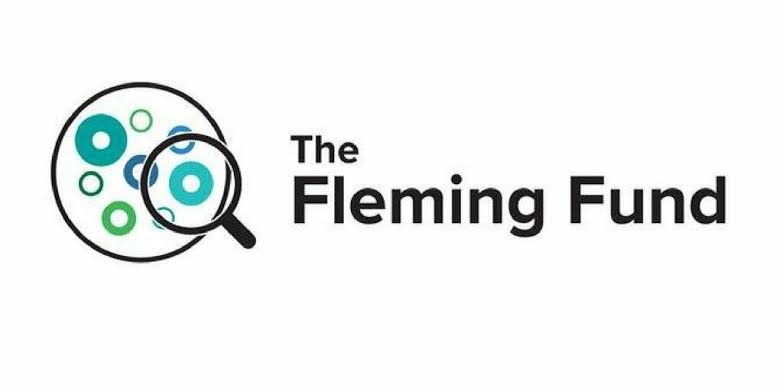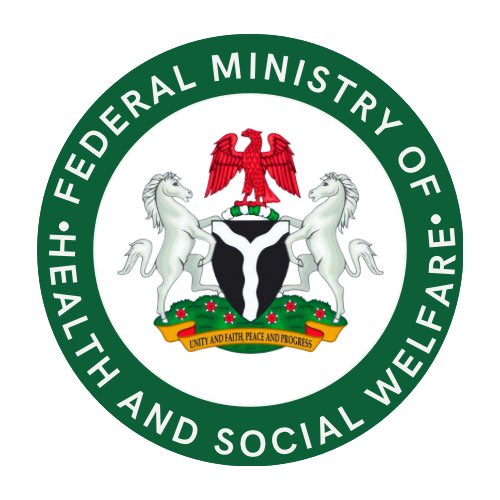Listeners:
Top listeners:
-
play_arrow
104.9FM Best rock music demo
-
play_arrow
Demo Radio Nr.1 For New Music And All The Hits!
-
play_arrow
Demo Radio Techno Top Music Radio
-
 play_arrow
play_arrow
Police Commissioner Launches Weapon and Riot Control Training for FCT Officers Democracy Radio
Antimicrobial Resistance: Fleming Fund Project Trains Journalists and Stakeholders on Awareness

By Chinedu Echianu
Stakeholders have begun the second phase of addressing the challenge of antimicrobial resistance (AMR) which has been identified as a global health crisis. This is because over ten million people are likely to die annually by 2050 if this crisis is not nipped in the bud as soon as possible.
Antimicrobial resistance occurs when bacteria, viruses, fungi and parasites develop the ability to resist the drugs designed to kill them, such drugs are: antibiotics, antivirals and antifungals. This means that infections caused by these resistant microbes become harder and sometimes impossible to treat.
A global research shows that there are 4.9 million deaths that could be tentatively linked to AMR while 1.27 million deaths are directly linked to it. The Second Phase of the Fleming Fund Project, specifically targeted at finding solutions to the AMR crisis commenced a five day training program on Monday for Journalists, civil society and community based organizations to raise awareness and drive proper communication on the dangers of AMR.
The Fleming Fund, a £265 million UK aid programme supporting up to 24 countries across Africa and Asia to tackle antimicrobial resistance is coordinated by Management Sciences for Health (MSH), a global nonprofit organization that provides governments, health organizations, and the private sector with the strategies, tools, and management support to effectively and efficiently deliver high-functioning health systems.
The group of forty two journalists and leaders of civil society and community based organisations were assembled in Lagos and educated on the dangers of AMR and how to communicate it to their audience. The organisers of the training program harped on the need to ensure that there is improved grassroots awareness on AMR and the need to include it in the education curriculum for in-depth understanding of the crisis.
While delivering a presentation on “Understanding AMR and it’s Impact” one of the focal persons for the implementation of the Fleming Fund Project and consultant clinical microbiologist, Dr. Mary Alex said buying antibiotics across the counter without doctors prescription and the failure to complete the full dosage as prescribed by a doctor are some of the reasons for the emergence of AMR.
According to her, the global intervention on AMR is now multifaceted, also known as the One Health approach which deals with the collaboration between the ministries of Agriculture, Environment and Health in tackling the crisis.
Speaking further, she said the current National Action plan on AMR would run from 2024 to 2028 when there would likely be a review.
Participants were also enlightened on the imperative of private sector participation in the ARM program as research showed that 70 percent of healthcare services in Nigeria are provided by the private sector. This follows the identification of unhygienic health care facilities as one of the major ways that the transmission of bacteria, viruses and fungi that are resistant to antibiotics occurs.
Written by: Democracy Radio
Similar posts
Copyright Democracy Radio -2024


